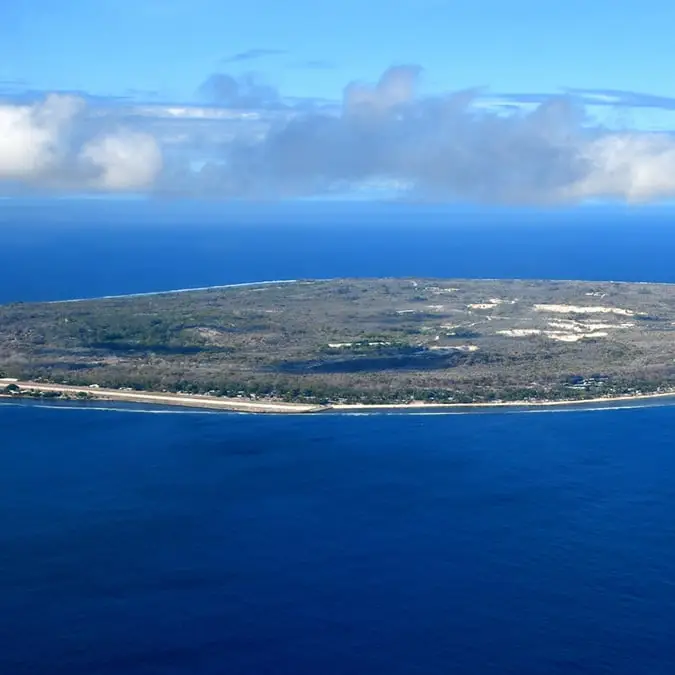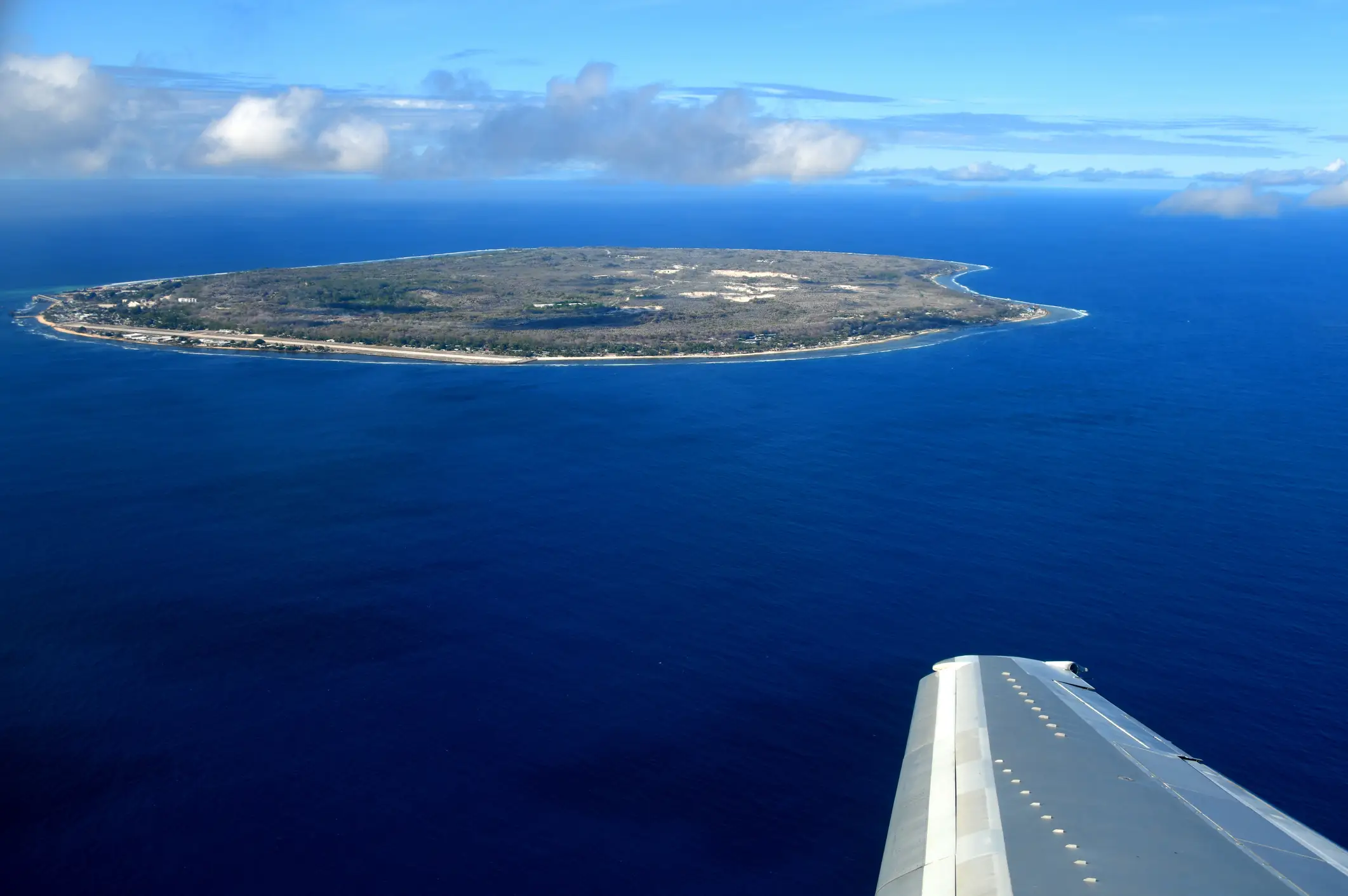
There is a shocking dark side of the world’s least visited country that stretches just 8.1 square miles.
The micronation of Nauru exists on a tiny island in the southwest Pacific Ocean, and receives less than 200 tourists every year.
Nauru is also the third smallest country in the world, beating just Monaco and the Vatican City in size.
The island’s beaches are characterized with pristine white sand and interesting limestone rock formations, so why does the nation attract so few tourists each year?
Advert
First off, it is incredibly isolated in a remote location of the world, making it difficult to reach, with less than daily flights operating to and from the island.
However, for the few people who do venture to Nauru, they have been left surprised by the dark side to the country that many people may not know about.
YouTuber Ruhi Çenet decided to visit the island himself to find out more about it.
In the video, he explained: “In these destroyed lands where no vegetables and fruits can grow, processed and fatty foods have become the norm.
Topping global charts, Nauru is recognized by the World Obesity Federation as the world’s most obese country, with around 60% of its citizens are obese.
“The World Health Organisation also reports that Nauru has the highest cigarette consumption rate in the world. The government’s effort to keep foreign media away from the country is quite obvious. After going through a month-long procedure in which I presented countless documents, I could hardly get a tourist visa.”
Çenet went on to say: “A poor-quality diet has made Nauru hold the title of the world’s most obese nation for years. This island which was not yet discovered by the Western World 150 years ago, was self-sufficient but now they outsource everything.
“Here, 97% of men and 94% of women are overweight or obese. The obesity issue in Nauru is like an epidemic, it’s everywhere. On the streets, in restaurants, at markets, I see people struggling with extra weight. Within a population where 45% suffer from diabetes, amputations are common. There are awareness-raising banners all around the country. The store shelves are empty as you can see. Products are imported here every six weeks. It’s a luxury to have fresh fruits and vegetables on the island.”

Viewers took to the comment section to share their own thoughts, with one user writing: “Nauru is unfortunately pretty much a small-scale example of what's happening all over the planet.
Another said: “This island is a dire warning to the whole world. Basically what is happening right now on a big scale in a small scale. Thank you. This was fascinating and scary.”
And a third person added: “I've long been fascinated by the resource extraction and environmental degradation on nations and islands such as the environmental catastrophe on Easter Island. This video makes me realize how many resource rich islands have suffered similar fates and your work documenting this is indeed another warning to humankind of the dangers of scaling up what we've done to islands to the main island planet Earth.”